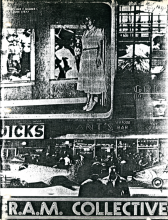 |
The Raza Art and Media Collective was founded at the University of Michigan in Ann Arbor in 1974. The group’s founders were University of Michigan students with backgrounds in art, art history, community education, film, photograph, and journalism [1]. They included Ana Luisa Cardona, Michael J. Garcia, Jesse Gonzales, George Vargas, Julio Perazza, S. Zaneta Kosiba Vargas, and Zaragosa Vargas [2]. Ana Cardona described the organization as a “not for profit organization devoted to the creation and documentation of the arts and media by and for the Spanish-speaking and non-Spanish-speaking communities”[3].
|
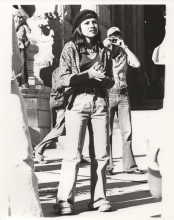 |
Jose “Joe” Campos Torres was born on December 20, 1953 and died tragically on May 5, 1977. The 23-year-old’s death sparked outrage throughout Houston, Texas where it occurred. Torres, a Mexican-American and Vietnam War veteran, was dressed in his Army fatigues at a bar in a Hispanic neighborhood when he was arrested for disorderly conduct [1]. He had gotten into a fight with another man in the bar, and the bar’s owner called the police [2]. Six police officers took Torres to “The Hole,” a place where police were known to beat Mexicans and other minorities [2].
|
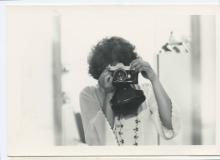 |
In 2014 the Chicana por mi Raza digital Memory Collective interviewed foundational Chicana film producer Nancy de los Santos. Nancy had grown up in Mexican Chicago, far from the Southwest, and had participated in many key events related to the Midwestern arm of the Chicano Movement. During the interview, Nancy mentioned — as it turns out quite modestly — that she might have “a few photos” to share with us. When Nancy arrived with three bulging boxes of photographs, some of them large format photos, many of them repeated images that had clearly been modified, cropped, and artfully reconstructed, we began to understand that her creative life as an image maker did not begin with her filmmaking.
|
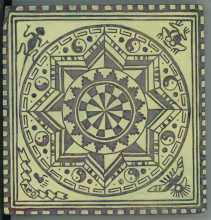 |
Dr. Osa Hidalgo de la Riva (aka “Dr. Eagle Bear”) is a Queer, Chicanx filmmaker and visual artist who has been creating and collaborating across the world–with a focus on the Southwest–since the mid 1960s. Osa is part of a larger familial legacy dedicated to social justice which is rooted in feminism, Indigeneity, and queer celebration. The history of the de la Riva women is emblematic of the ways mixed-race and Latinx families have navigated race, class, sexuality, gender, and colorism within their family and society.
|
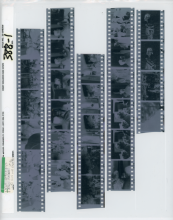 |
Maria Varela was born on January 1st, 1940, to a Mexican father and an Irish mother. |





